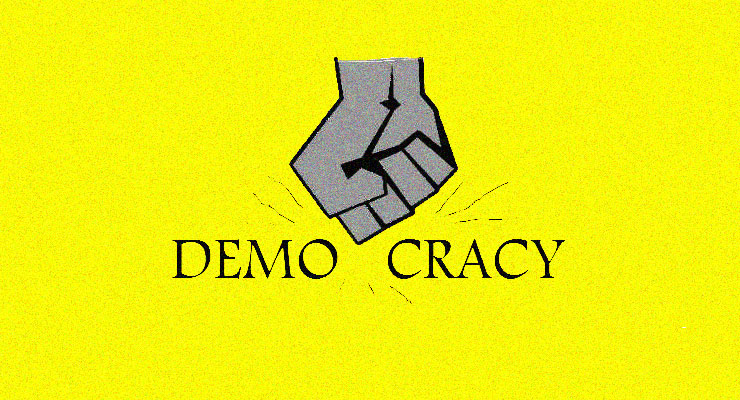
Street liberalism has gained a lot of attention in recent years starting from the Arab Spring. Across the world citizens have taken to streets in protests against autocratic rule. This street liberalism or liberalism of the streets has paid off in some settings while in others it has hardly led to any democratic gains. The cases of Russia and China, particularly street protests in Moscow and more recently in Hong Kong, have rehashed the problematic of whether protest movements generate democracy or not. An article from Democracy Digest looks into this question. It states that,
Events in both Moscow and Hong Kong show how single-grievance protests can evolve into wider movements, argues FT analyst Gideon Rachman:
Between them, Russia and China represent the major geopolitical and ideological challenges to western liberalism. But both countries are facing public protests that undermine their governments’ claims to stability, efficiency and public support. In response, both the Russian and the Chinese governments have retreated into self-serving paranoia, alleging that mass protests in Moscow and Hong Kong are being orchestrated by foreign enemies.
To be sure, there are significant differences between events in the two cities. Nonetheless, arriving in Moscow a week after leaving Hong Kong, I was struck by the parallels, he adds, citing the protesters’ youth, sheer courage and strikingly similar grievances about phony democracy.
The article is an interesting read. Get the full article here.
Leave a Reply